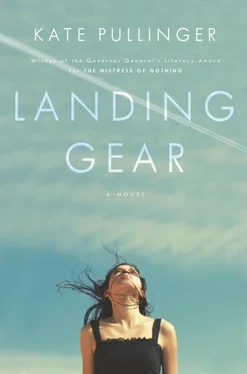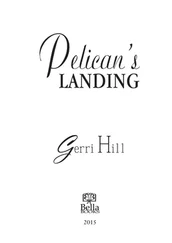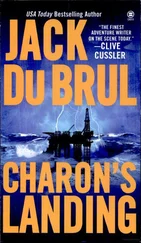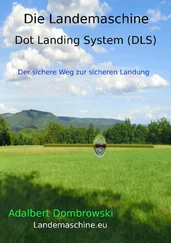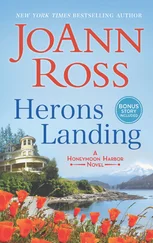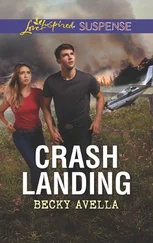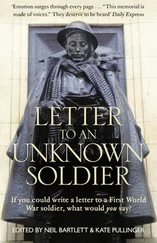It was the day after the volcano erupted that Harriet noticed the sky. Extraordinary.
The day before, she’d been too caught up with the chaos in the radio newsroom as the airports had closed, one by one, north to south, like roman blinds being pulled down over the entire country: Glasgow—Edinburgh—Manchester—Birmingham—Heathrow—Gatwick. In order to read the news properly, she’d had to learn how to pronounce Eyjafjallajökull, along with a host of other Icelandic names. News bulletins had been bumped up from once an hour, to twice, to every fifteen minutes. She’d stayed late and left in a car her boss, Steve, ordered, the underground having long since stopped for the night. Once home, she found her son, Jack, asleep on the sofa, clutching his gaming handset, surrounded by pizza crusts, sticky glasses and other debris.
The next morning she got up early. She’d slept well and felt a kind of lightness in her bones; she was clear-headed and unusually calm. She had a quick shower and put on a summer dress for the first time that year and this feeling of lightness continued and, if anything, amplified. She walked to the corner shop for milk and newspapers, but she’d only gone a few metres when she had to stop. The world felt entirely different. Spring had arrived and pink cherry blossoms carpeted the street. The air was luminous, the sky was clear. The neighbourhood felt peaceful, the houses benevolent with their big clean windows and sturdy front doors. She hugged her cardigan around herself and began walking once again.
A moment later she realized what was different: there were no planes. Richmond had emerged from beneath the flight path. The air was sparkling. The sky was silent, completely silent.
Emily buried her father the day after the planes stopped flying. He had died the week before, a massive stroke that killed him instantly. He was sixty-one and had been a widower for many years. After taking early retirement from teaching maths at secondary school, he had lived on his own in the semi-detached house in Shepherd’s Bush where Emily had grown up.
All the neighbours came to Chiswick New Cemetery to see Ted off. Turned out he’d had it all planned and paid for, including the custom-made coffin in the shape of a perch; he’d been a weekend angler all his life. The giant silver fish, Ted’s final joke, startled his friends instead of amusing them, and they pretended it was nothing out of the ordinary, which Emily knew would have infuriated him. In an effort to cheer up everyone, Cory Newton, who had taught with Ted for many years, said, “He shouldn’t be gone, but he did enjoy his life.” Emily smiled at him miserably. Her face ached from crying and smiling, smiling and crying. One of Ted’s neighbours, Karen, was set to deliver the graveside humanist eulogy Ted had requested, including a reading of Auden’s “Stop all the Clocks”—“Ted’s favourite poem,” Karen said. “Ted’s only poem,” Cory replied. But when she got to the line “Let aeroplanes circle moaning overhead,” Karen paused and looked up into the clear blue sky. There were no aeroplanes.
Emily felt her heart rip open in that moment, as though there was nothing between her and the endless, empty sky, as though God had stopped the planes as well as the clocks so that Ted could make his way to Heaven without being buffeted or damaged. Except she didn’t believe in God and neither had Ted. In fact, looking around at the graveside gathering, Emily realized that probably no one present believed in any kind of God, except perhaps Monica and Tariq Hussein, but even with them she wouldn’t have been surprised to learn that faith had slipped away.
The extraordinary silence and beauty of the day overwhelmed the people gathered there and instead of celebrating and honouring their lost friend—Emily’s father in his sleek silver-scaled box—with stories and jokes and songs as he would have wanted, they were mired in misery.
Jack had lived through what felt like millions of school holidays, with their distinct combination of freedom and boredom, like a weekend that never ends, a whole string of exciting Saturdays that turn into dismal Sundays. The Easter holiday was always very long—sixteen days this year, Jack had counted—and his family hadn’t gone away. Sometimes they did go away, Jack and his parents, city breaks in posh hotels with swimming pools. Why did his parents think that all he needed was a swimming pool to compensate for being dragged around endless churches, museums and art galleries? But this year Jack’s dad was in New York on business and Harriet was busy at the radio station.
Jack had spent all day Thursday on his games console, but today, Friday, he had big plans. His social circle had expanded over the year, this year, Year Nine, the third year of secondary school, and it now included girls as well as boys, and they did things together out in the world, with their free bus passes and the whole of London for them to explore. But they didn’t explore the city, of course not, that would be boring. Instead they met up on the high street and hung out, spending their tiny allowances at McDonald’s and KFC. From time to time, they took the bus or rode their bikes across the river to Dukes Meadows.
The first time Jack took the bus over to Dukes with his friends, he was nervous. It was a couple of months ago—he had recently turned fourteen and hadn’t had a birthday party, the idea of birthday parties suddenly weird and childish. One of the girls—Ruby, no use pretending it was anyone other than Ruby—had suggested going to Dukes when it became apparent that none of them had enough money to buy a Coke in a shop, let alone at McDonald’s, they’d been priced off the fucking high street. Jack and his friends got on the bus and headed over the river. Jack had a tingling sensation in his feet, this was new for him, he had never got on a bus with a bunch of other kids and headed off to an unknown destination—unknown to him but clearly well known to several of his friends.
They got off the bus and walked down the lane and it was as though they’d arrived in the countryside: there were allotments with shaggy old men bent low and digging, waiting for winter to end; there were women muffled in jackets and scarves, walking their dogs, their pockets stuffed with plastic bags; and then out on the common itself, the wet grass that hadn’t been mowed in a while, seagulls, a couple of magpies, even a few ducks planting their flat feet in the mud as they made their way to the river. Dukes was not overlooked by flats and houses; it was not hemmed in by roads and walls; it was not surveyed by cameras; it was not supervised. The sky was huge, as were the trees, still winter-bare. The wind was cold coming off the river, and Jack and his friends huddled together in the old bandstand like a pack of shivering puppies.
Jack’s dad had grown up in Canada and sometimes at Dukes Jack would wonder if this was what the whole of his father’s childhood was like—one vast open space with huge empty skies full of weather. Jack’s parents thought they knew what his life was like, but they had no idea. Jack imagined that in Canada everything was brand new and clean and shiny, and everyone grew up like Jack’s father, surrounded by kids who’d lived their whole lives just down the street. And Harriet, well, like Jack’s dad she had grown up in the distant past before the internet, so she knew nothing.
The school Jack went to was old and shabby with narrow corridors that teemed with rough kids speaking too many languages, and rubbish all over the pavement, and nasty toilets with cracked sinks and wet toilet paper on the floor, and a roof that leaked because one night a gang stole the lead off it. Jack’s friends were great, he loved his friends, but they were not from down the street, they were from Poland and Montenegro and Serbia and even Eritrea—their parents making new lives away from wars and unemployment.
Читать дальше
